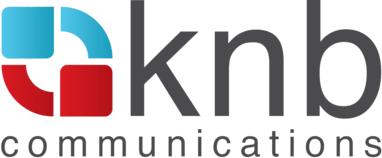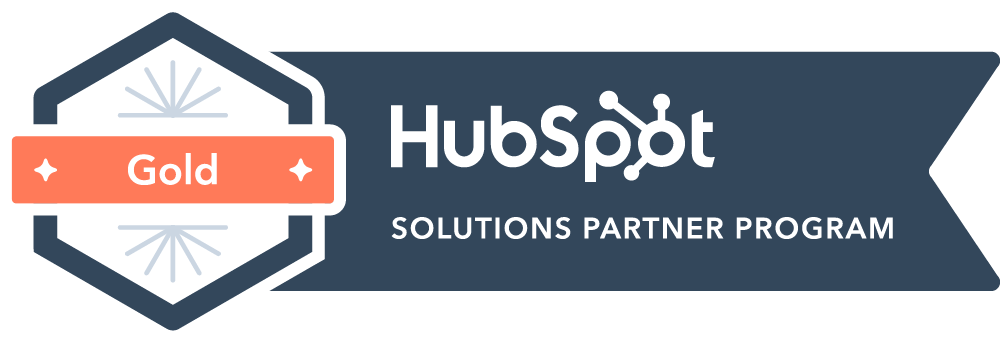2025 biotech PR predictions scorecard: forecasts vs reality
Table of contents
2025 biotech PR predictions scorecard: forecasts vs reality
By KNB Interns
Experts were already making bold predictions about what 2025 had in store for biotech PR. Now that we’re halfway through the year, it’s a good time for some scorekeeping. Some predictions were spot on, others missed the mark, and a few surprises reshaped how we approach biotech communications.
From AI integration that delivered on its promises to regulatory upheavals that caught even seasoned experts off guard, 2025 has been a masterclass in accurate forecasting and humbling surprises. As a top 10 health tech marketing and PR agency, we've been in the trenches watching these predictions play out in real-time with our clients, and the results might surprise you.
Here's our comprehensive scorecard of who got it right, who got it wrong, and what it means for the rest of 2025.
AI predictions: finally living up to the hype
The prediction
Chris Rosica predicted that in 2025, utilizing AI tools, healthcare PR agencies would focus on "hyper-personalized outreach and engagement" while shifting from generative to cognitive AI to inform strategic decisions.
Reality check
This prediction earns a solid A-grade. The AI revolution in biotech PR isn't just happening, it's exceeding expectations. The global AI in pharmaceutical market is estimated at $ 1.94B in 2025 and projected to grow to about $16.49B by 2034 (CAGR ~27 %).
The AI revolution in biotech PR isn't just happening, it's exceeding expectations.
While Gartner predicted that by 2026, more than 80% of enterprises will have used generative artificial intelligence (GenAI) application programming interfaces (APIs) or models, and / or deployed GenAI-enabled applications in production environments, the biotech communications sector has accelerated past this timeline. With sentiment tracking, compliance monitoring, and personal patient engagement becoming standard practice, these applications have gone up from 5% in 2023.
Crisis communications: media fragmentation accelerated
The prediction
Bonnie McLaughlin at Raffetto Herman warned about "an extremely crowded and chaotic news media landscape," forcing companies toward owned channels. Experts predicted misinformation would become a "pandemic" in 2025.
Reality check
This prediction deserves an A for accuracy and urgency. Traditional biotech media relationships have become less reliable as journalists juggle more beats and publications consolidate resources.
Smart companies responded by investing heavily in owned content. We've seen the Fierce Pharma PR & Communications Summit evolve into separate Fierce Pharma Engage (April) and Fierce Pharma Week (September) events, reflecting the industry's need for more specialized, direct communication channels.
Patient engagement evolution: transformation exceeded expectations
The prediction
Digital health experts predicted that venture capital funding would continue to grow in 2025, particularly for AI-driven solutions for healthcare delivery, leveraging generative AI for diagnostics, patient engagement, and operational efficiency. This means that AI will be further implemented into healthcare solutions to improve patient experiences.
Reality check
This prediction earns an A+. AI + machine learning are revolutionizing healthcare delivery by streamlining operations and alleviating the administrative burden on medical professionals. Ambient AI scribes like Microsoft DAX Copilot already live in systems at Stanford, MGB, and UC Irvine. These tools save clinicians up to 60 minutes per day and dramatically improve documentation accuracy.
Forecasted predictions still on the horizon
There are six months left in 2025, so we’re not calling these predictions “missed,” but here are a few that have yet to mature.
The underestimated trend
Europe took off faster than most predicted. Biotech conferences expanded globally, and the EU + France have committed hundreds of millions in grants and incentives to expand biotech research capacity and talent retention.
Compliance-first marketing
While AI expectations were largely on point, few predicted the rapid operationalization of regulatory-compliant martech. Platforms like MarketBeam, now offering MLR-ready workflows, quickly became essential infrastructure.
What this means for the rest of 2025
The scorekeeping reveals three critical insights for biotech communications leaders
01. AI implementation is happening faster than infrastructure can support it. Companies investing in AI-powered communications are seeing results, but those waiting for flawless solutions are falling behind.
02. Regulatory uncertainty is giving prepared companies a competitive advantage. Organizations that developed adaptive communication strategies are the ones surviving policy changes and moving faster than their less-prepared counterparts.
03. Patient engagement has moved from a marketing function to a necessary strategic differentiator. As technology continues to evolve, companies that prioritize patient communication are the ones gaining market share.
The 2025 communications playbook
Based on which predictions proved accurate, here's what biotech communications leaders should prioritize for the remainder of 2025:
Accelerate AI adoption
The ROI is proven, the tools are ready, and the competitive advantage goes to early implementers. Focus on compliance-ready platforms and personalization capabilities.
Invest in owned media channels
Traditional media relationships remain valuable, but owned content capabilities humanize companies and are now essential infrastructure, not nice-to-have additions.
Develop regulatory agility
Policy uncertainty isn't going away, so communications strategies must be built for rapid adaptation rather than rigid execution.
The takeaway
Biotech PR is evolving faster than most experts anticipated. The companies succeeding in 2025 aren't just following predictions; they're also building capabilities that let them adapt to the future.
Interested in discussing how these trends impact your biotech communications strategy? At KNB Communications, we're helping companies navigate these changes and accelerate their success. Let's talk.
At KNB Communications, our interns are an integral part of the team, bringing fresh perspectives and enthusiasm to our healthcare PR and marketing projects. Each semester, our interns work closely with seasoned professionals, gaining hands-on experience in areas like media relations, content creation, social media strategy, and market research. Throughout their time with us, they contribute to real client projects, learning to navigate the fast-paced world of healthcare communications while honing their skills in writing, strategy, and client management. By the end of the semester, our interns leave with a deep understanding of the healthcare marketing landscape and the confidence to thrive in any professional environment.
Search

KNBe in the know
Subscribe to our newsletter for the latest news + trends in healthcare marketing + PR.

The ROI is proven, the tools are ready, and the competitive advantage goes to early implementers. Focus on compliance-ready platforms and personalization capabilities.



.svg)




